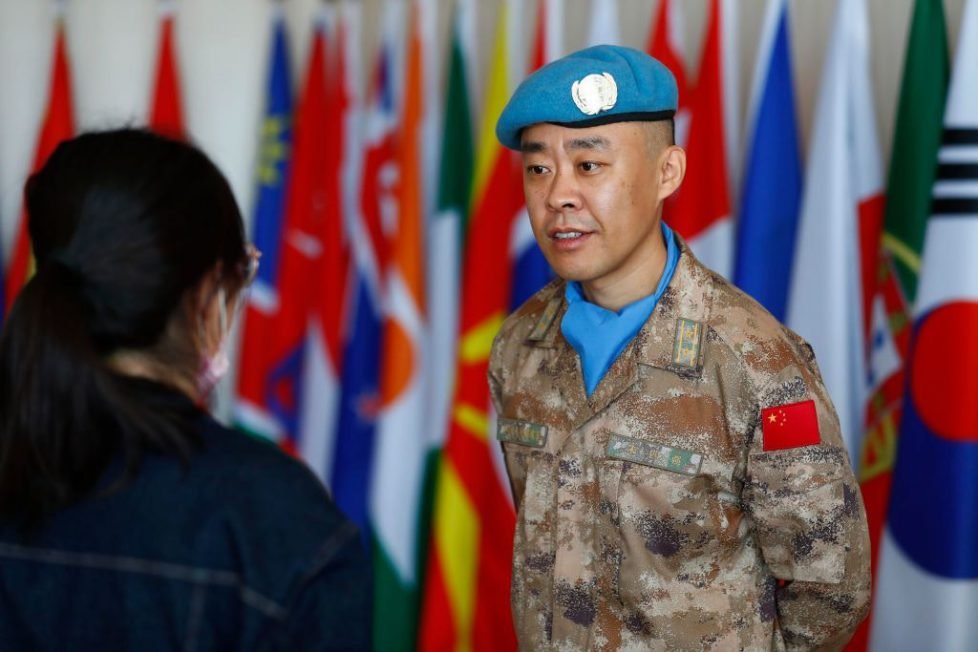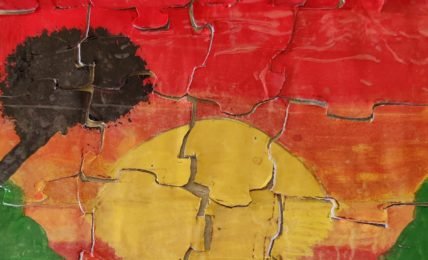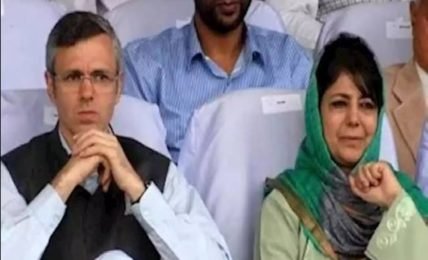China’s Potemkin Peacekeeping: The CCP is using its increased U.N. peacekeeping presence to shift international norms about human rights.
If Washington takes these steps, it can help promote peace and security in Africa and prevent the CCP from advancing authoritarian and mercantilist objectives under the guise of UN peacekeeping.




